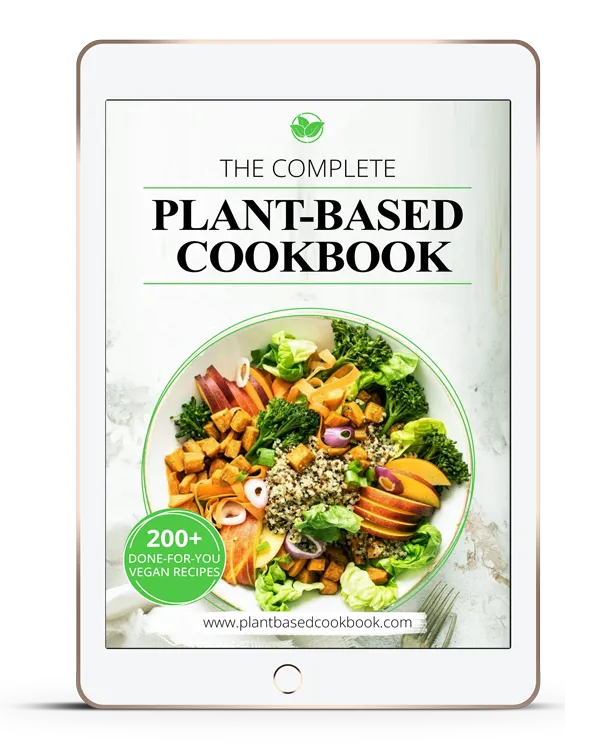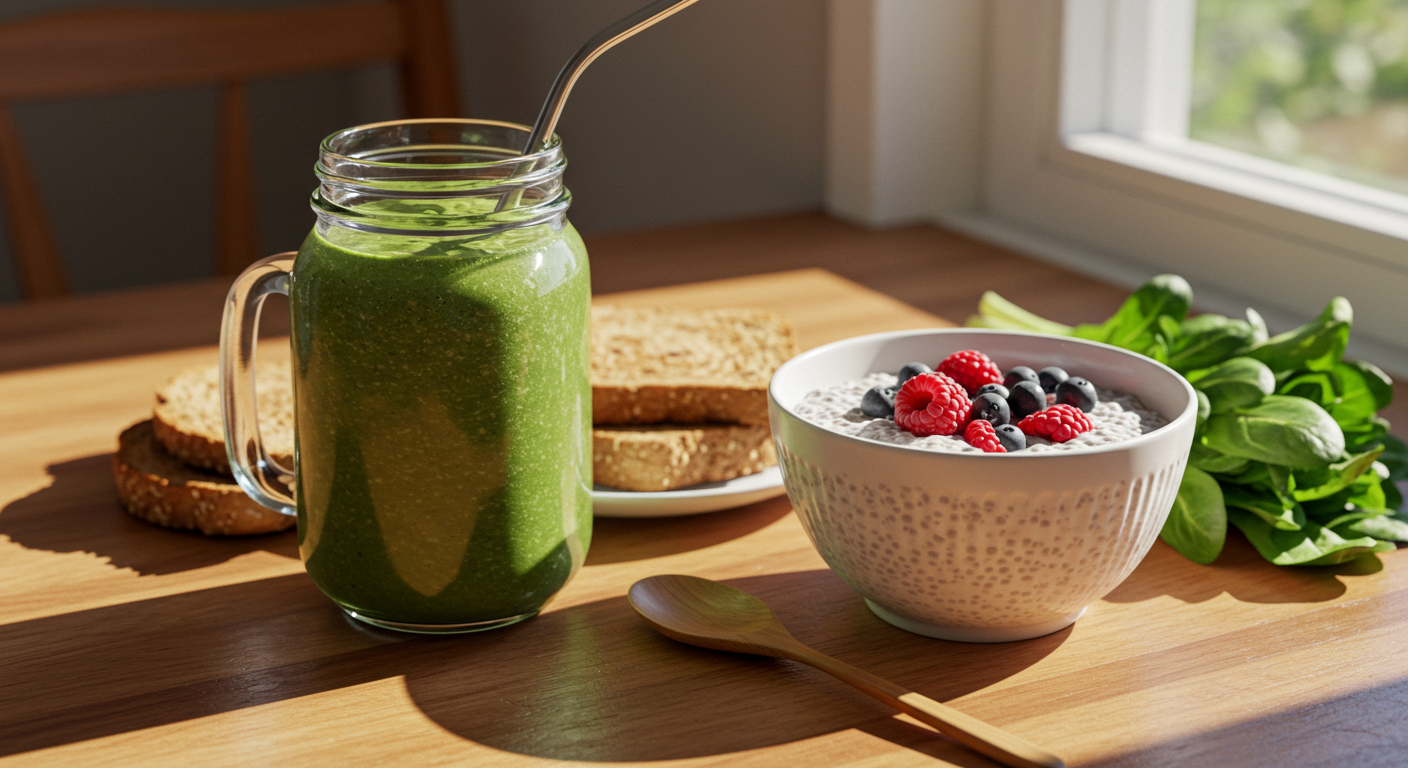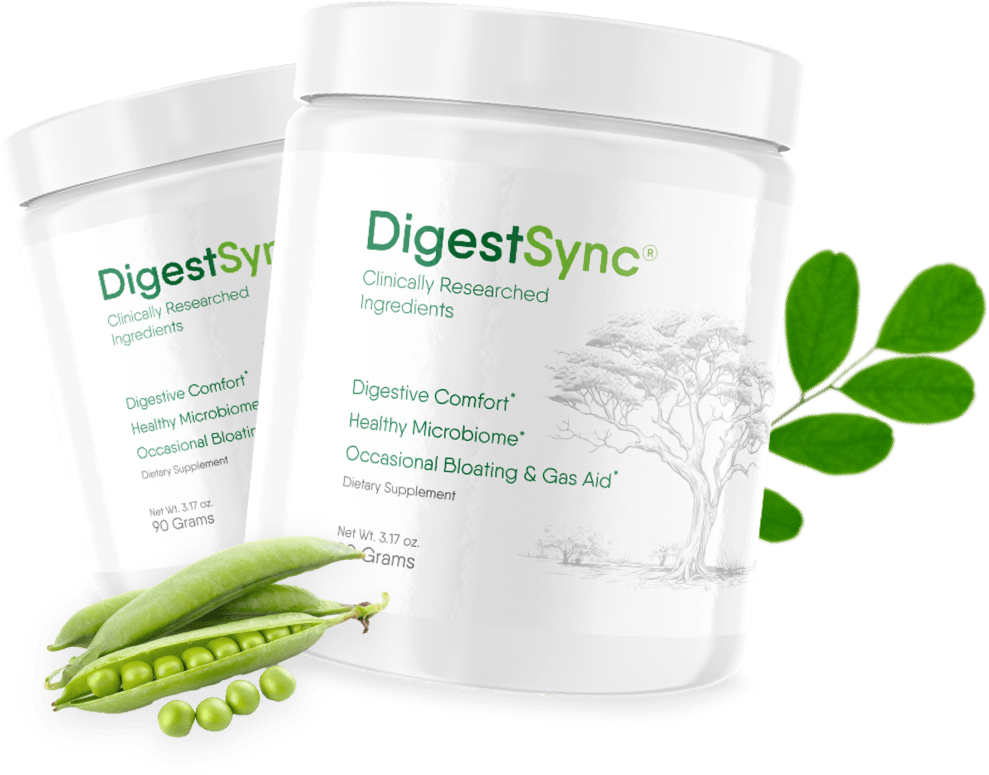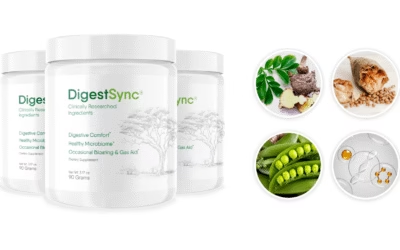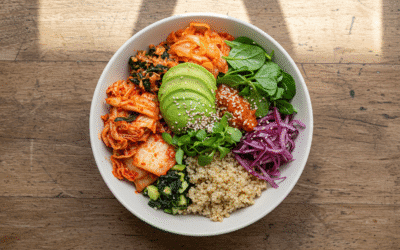Gut health is more than just a trendy topic — it’s the foundation of your overall well-being. A balanced gut can improve your digestion, boost your mood, and even strengthen your immune system. But how do you actually improve gut health without relying on complicated routines or expensive treatments?
Start with fiber-rich foods
Fiber acts like a broom for your digestive system, helping to keep things moving and reducing inflammation. Whole grains, fruits, vegetables, and legumes are excellent sources. If you’re looking for a quick, portable solution, try a fiber-packed green blend like the Bloom Greens Superfood Powder — it’s a smoothie-friendly way to add fiber and probiotics in one scoop.
Hydrate consistently
It may sound simple, but staying hydrated supports the mucosal lining of the intestines and helps the good bacteria thrive. Aim for 2–3 liters of water a day, depending on your body and activity level. Infuse your water with lemon, cucumber, or mint to make it more inviting.
Limit added sugars and processed foods
Sugar feeds the “bad” bacteria in your gut, which can lead to imbalance, bloating, and fatigue. Instead, focus on whole, unprocessed foods and natural sugars from fruits. Small changes — like swapping soda for herbal tea — make a big difference over time.
Eat fermented foods regularly
Fermented foods like yogurt, kefir, sauerkraut, and kimchi are rich in probiotics, which help balance your gut microbiome. If fermented foods aren’t your thing, a probiotic supplement may be a smart alternative. Look for ones with diverse strains and a minimum of 5 billion CFUs.
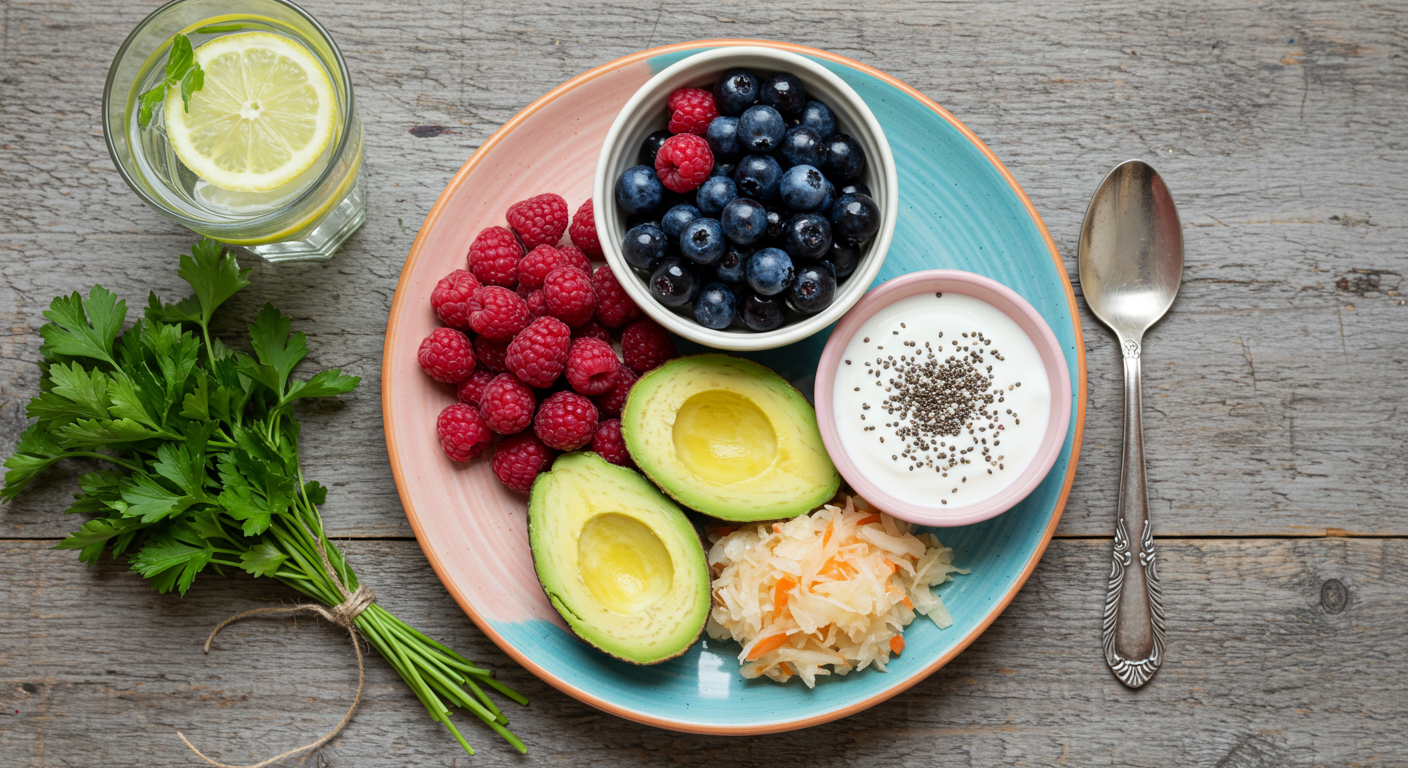
Support digestion with prebiotics
Prebiotics are the food that your good bacteria need to thrive. They’re found in garlic, onions, asparagus, and bananas. When you combine prebiotics and probiotics, you create a synbiotic effect — the ultimate support for gut health. Consider combining your diet with a high-quality gut support blend for a stronger impact.
Move your body daily
Exercise promotes better digestion and reduces stress, which in turn benefits your gut. You don’t need an intense workout — a daily 30-minute walk or gentle yoga can already do wonders.
Manage stress mindfully
Your gut and brain are deeply connected. Chronic stress can impair digestion and harm your gut flora. Practices like deep breathing, meditation, or even 10 minutes of quiet can make a difference.
Gut health habits at a glance
| Habit | Benefit | Examples |
|---|---|---|
| Fiber-rich foods | Improves digestion, reduces inflammation | Oats, fruits, legumes, whole grains |
| Hydration | Supports gut lining and bacteria | Water, lemon water, infused water |
| Limit sugars | Reduces bad bacteria growth | Avoid soda, processed snacks |
| Fermented foods | Adds probiotics to balance gut | Yogurt, kefir, kimchi, sauerkraut |
| Prebiotics | Feeds good bacteria | Garlic, onions, asparagus, bananas |
| Daily movement | Improves digestion and reduces stress | Walking, yoga, light exercise |
| Stress management | Protects gut flora and digestion | Meditation, deep breathing |
Further reading
Want to learn more about supporting your gut during stressful times? Check out our post The Hidden Link Between Stress and Digestion for practical tips to balance both mind and gut health.


